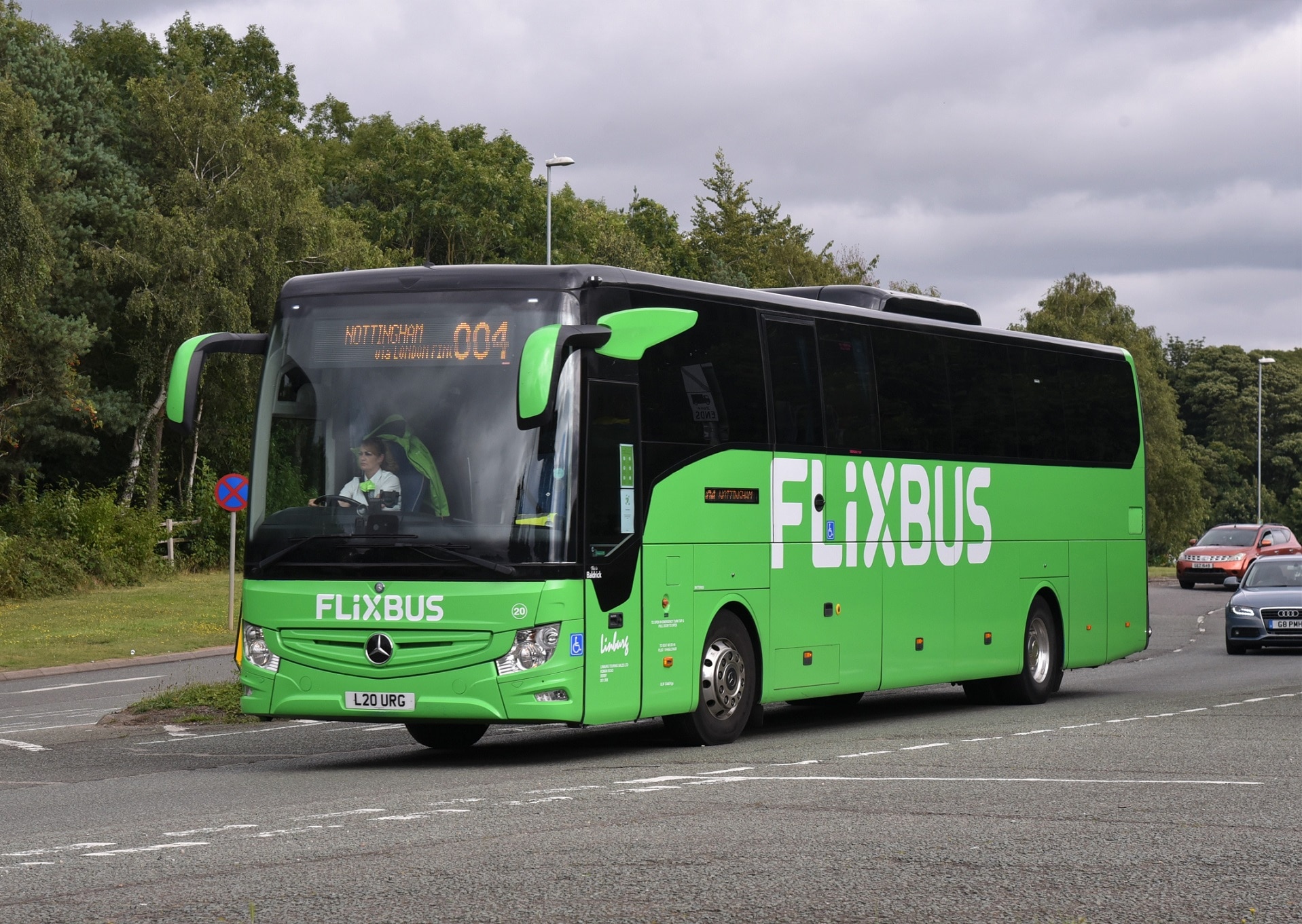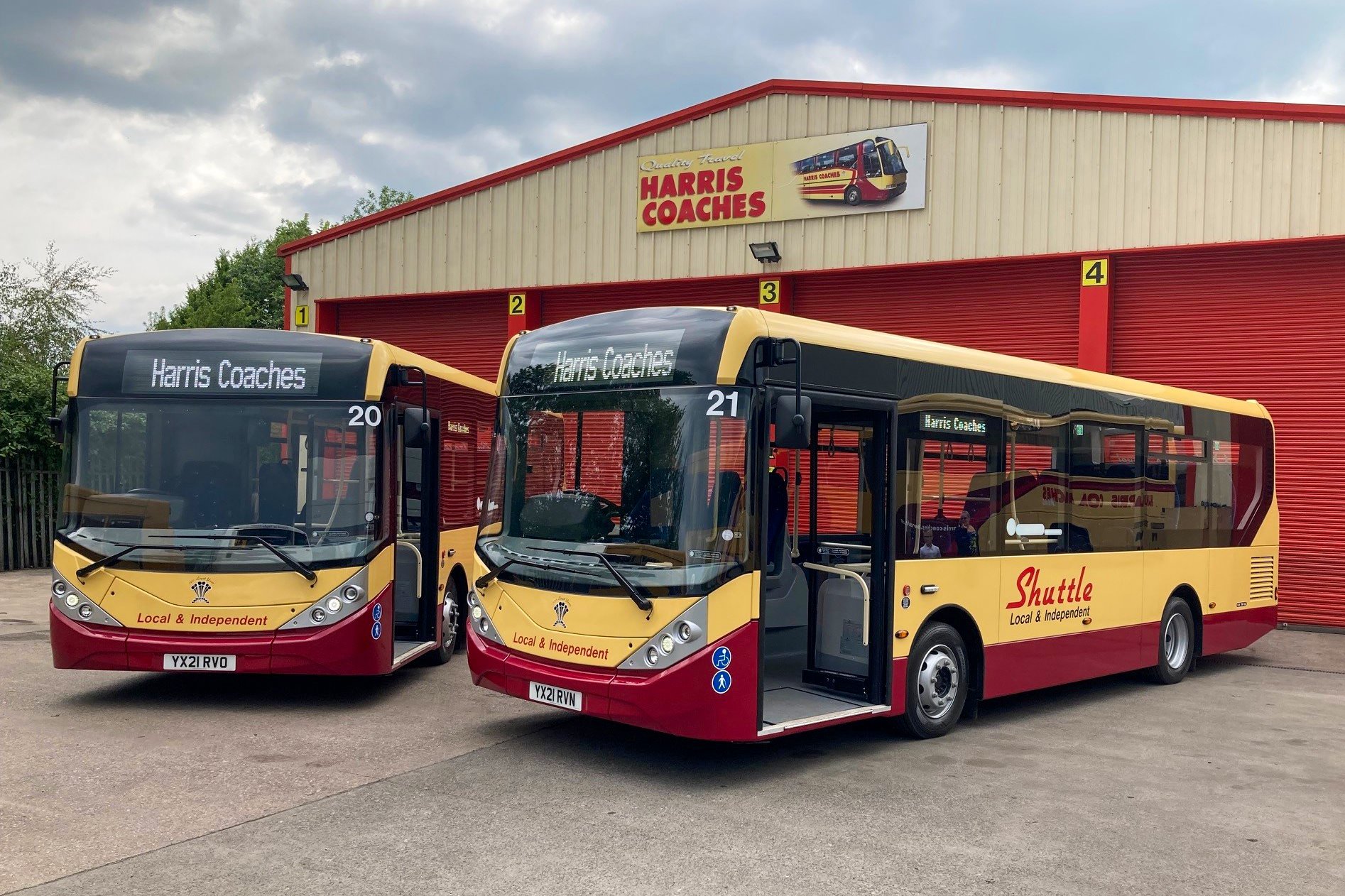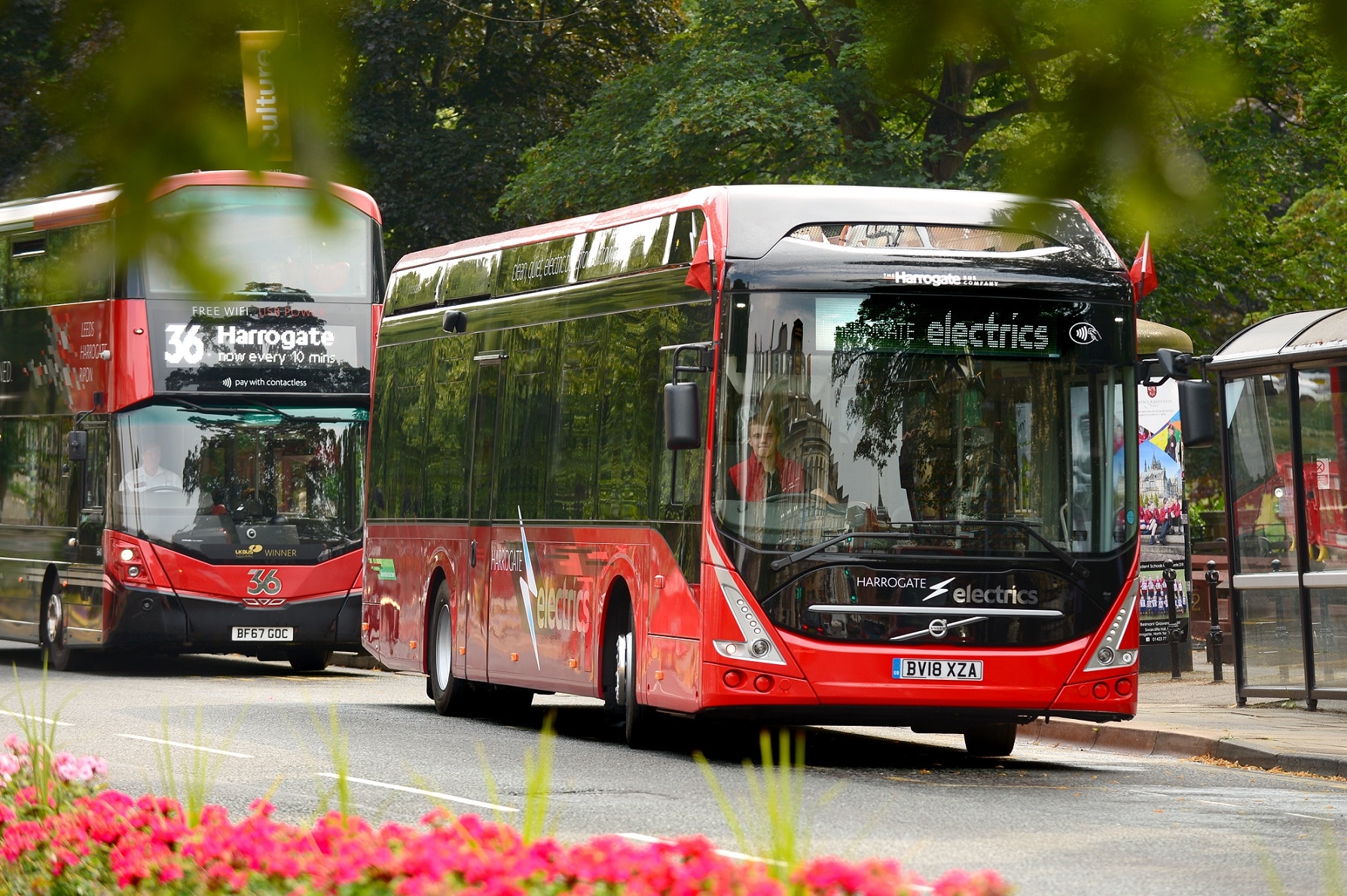FlixBus has made bold promises about its plans for the UK scheduled coach market since it arrived here in 2020. After a difficult start, the German business – which says it is committed to using only vehicles supplied by partner operators – has focused fully on expansion, and UK Managing Director Andreas Schörling recently further underlined the earlier headline commitment to operating the country’s largest coach network by the end of 2025.
That is a big thing to say. FlixBus pits itself against established and alert competitors in Megabus and National Express. To reach the position of market leader in little more than four years from now will take hard work and innovation. When questioned, Andreas says that the business’s priority in doing that is to achieve modal shift, rather than by attracting the industry’s existing customers.
Delivering on its promise will also require FlixBus to increase its pool of partner operators. At the centre of how it structures those relationships is a revenue sharing arrangement, coupled – for now – with a ‘safety net’ mechanism to provide a guaranteed baseline payment. That, says Andreas, incentivises each party to deliver the best service and to drive patronage growth.
FlixBus UK already has a plan in place that is built around securing market leadership by the end of 2025. “We need to expand in terms of frequency, and we need to expand in terms of destinations. That is something we are constantly working on.”
FlixBus UK is ‘happy to open conversations’ with operators
With the above in mind, FlixBus is “very interested” in speaking to operators that may be keen to work with it in the future, Andreas says.
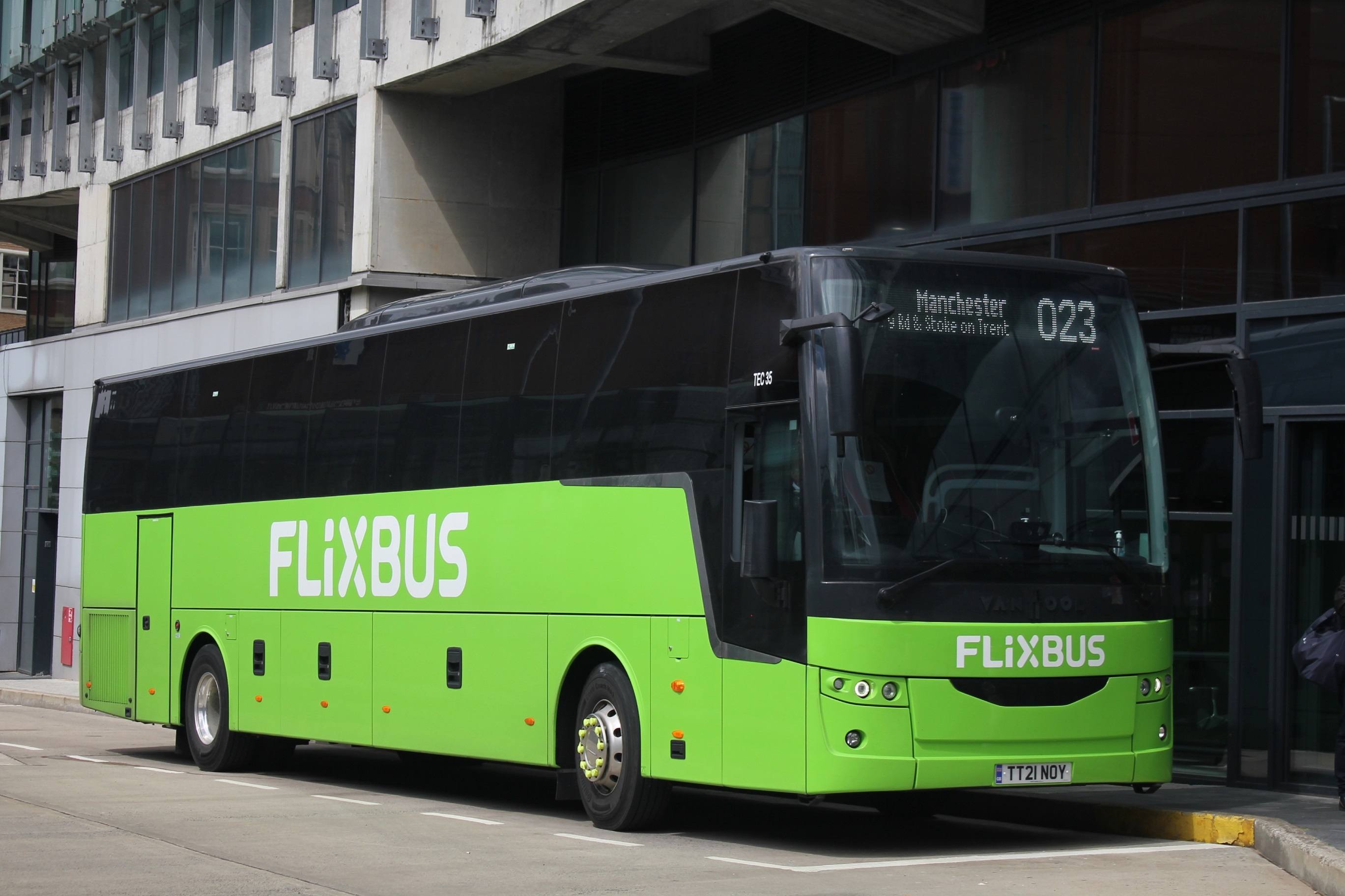
“We are committed to the UK, and we are happy to open those conversations,” he adds. Other territories have shown that FlixBus works best with businesses that have “a growth mindset.”
Those relationships have proved to be long term. FlixBus believes that it can act as a complement to other coaching activities, although it is important that partners understand what engaging with it will bring.
“It is fair to say that when an operator works with FlixBus, its coaches will be very well utilised,” says Andreas. Geographic position influences the outright mileage that can be expected, but it is common that vehicles will be rostered for “most days of the week, sometimes day and night,” he continues.
“We have explained to many operators, especially if they do not have experience of scheduled services, that their vehicles will run to a tight schedule. That means that the operator needs to be very structured with its maintenance.”
Understanding on both sides is necessary for success
Founding a relationship between FlixBus and an operator partner involves multiple meetings and the necessary due diligence. “We make sure that we each have the same values and the same level of ambition,” Andreas notes. Following that come several other steps, among which is confirmation of the operator’s financial stability.
“Another check concerns the operational side. We have a set of questions on how the partner runs its operation, what its policies and processes are, and to make sure that we feel comfortable that it will be able to deliver the safety, quality and customer service that we look for.”
Once a partner has completed onboarding and its coaches are put to work, FlixBus utilises a “sophisticated and well-developed” set of tools to measure the quality of the service that it provides. That drills down to a per passenger ride level of granularity.
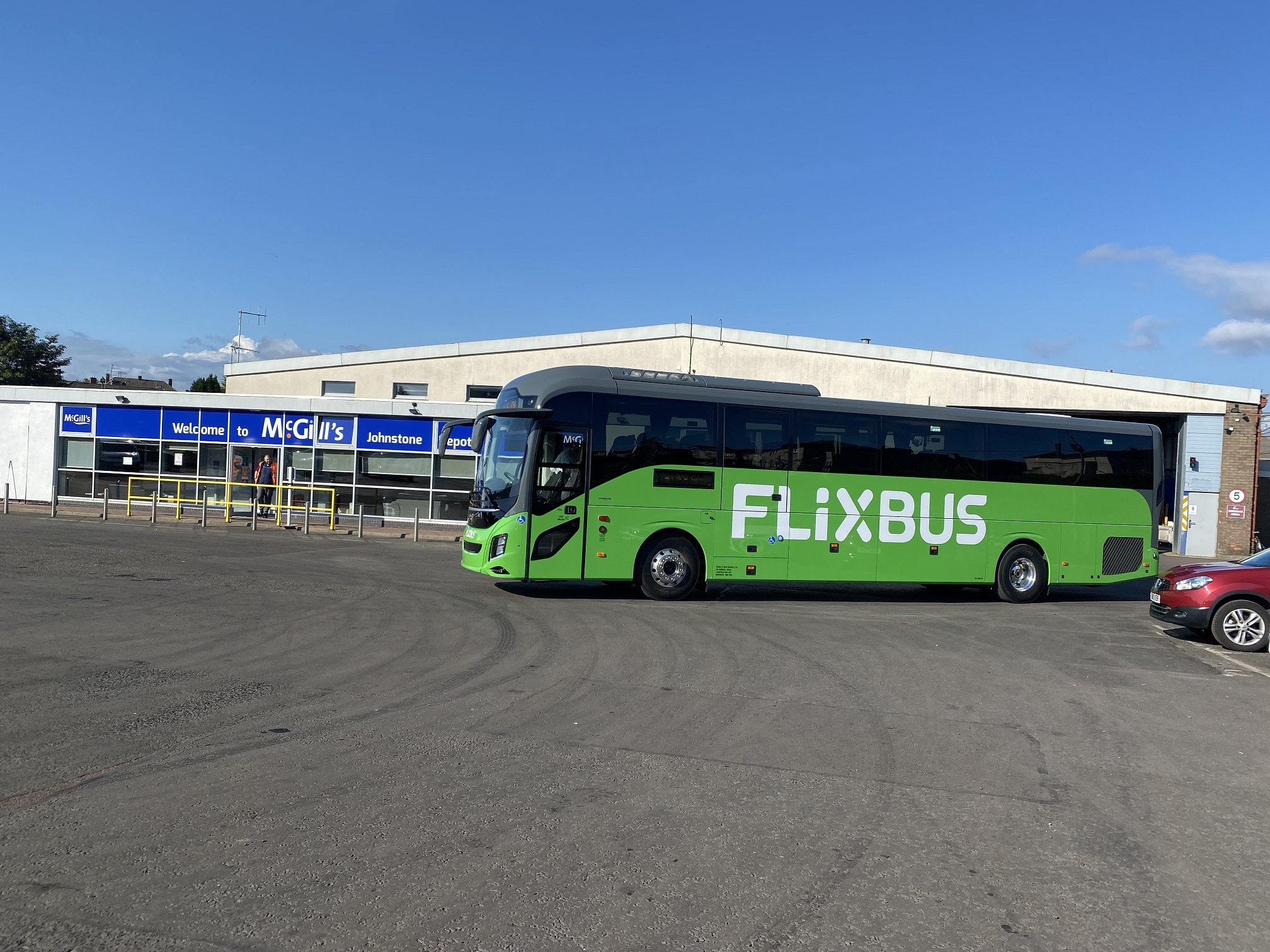
FlixBus also engages in conversation with operators to ensure that the required standard is maintained, but Andreas is clear that no financial penalty regime exists for when aspects are missed.
“We do not believe in penalties. We align our incentives to those of our partners through the revenue sharing arrangement.”
Financially penalising operators where a standard has not been met “would be contrary to what we are trying to establish in terms of a partnership,” he continues.
Revenue sharing arrangement at the core of FlixBus UK strategy
The revenue sharing arrangement is what the collaborative approach between FlixBus and its partners is built on. Most of the income earned by each journey goes to the operator. “That is to recognise that partners make major investment in vehicles and employing drivers,” Andreas says. “They are doing a big part of the work.”
While a minimum guarantee is in place, the overriding and obvious objective is for the revenue share paid to operators to exceed it. “As our network grows and passenger awareness increases, we will be less and less reliant on that safety net,” he adds, although there are currently no plans to remove it entirely. “The goal is to live off the shared revenue.”
To enable drivers to do their bit, FlixBus has founded an online resource called FlixUni. The company is mindful that a driver’s contribution can sometimes make or break the customer experience.
Under normal circumstances, a coach used on FlixBus services should be under five years old. The company has criteria for those that may be used on its network, including wi-fi, USB charging points and a specified minimum seat pitch. But FlixBus does not specify which models can be used. Instead, that is left to the operator.
In more mature markets, the average age of coaches utilised on FlixBus work is between three and four years. “Vehicle requirements are defined on a customer experience basis, and thus we do not prescribe a specific model to the operator,” says Andreas. “They know what type suits them best.”
Modal shift and decarbonisation are also key to the future
How FlixBus grows its network in the UK is a frequent topic of conversation among its leadership team. The focus is predominantly on modal shift. FlixBus recognises that coaches are inherently green, which is a message that it wishes to push. Not just to the industry, “but across the country,” says Andreas.
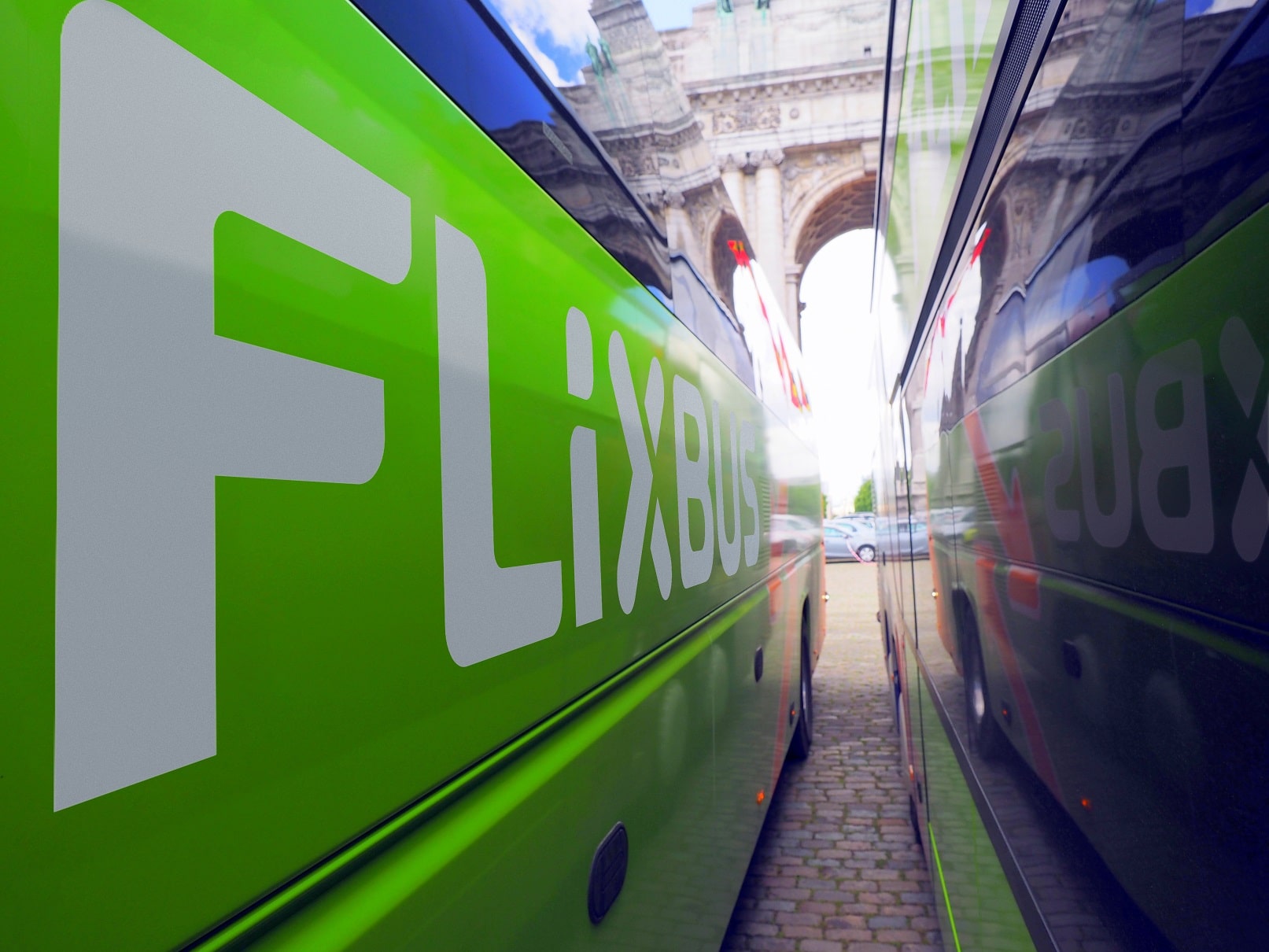
“That is the big focus for us,” he continues. “Coach travel is a great means of transport because it is so environmentally friendly. It is also very flexible.
“I understand that it sounds very bold that we aspire to achieve a market leading position in the UK, but that is something we have done elsewhere. We have achieved that position in market after market that we have entered.”
A further focus is the future decarbonisation of FlixBus operations. Transitioning such an intensive long-distance network to zero-emission is highly challenging. But part of FlixBus’s mission statement is the delivery of green technology.
“The word ‘green’ is very important,” says Andreas. “It is what drives the company. But when you start to dig into it, you realise how complex a challenge it is.”
FlixBus has piloted battery-electric technology in other markets. In 2019 it began a project in Germany with Freudenberg Sealing Technologies to develop a hydrogen fuel cell-electric coach that meets the needs of scheduled work. Biogas and solar panels both also feature in its operation.
While Andreas adds that FlixBus is “wholeheartedly committed” to continuing the push for decarbonisation, he notes that success is heavily reliant on outside stakeholders, including vehicle OEMs and national and local governments. But the business has a centralised team that is focused on new technologies, and which gathers knowledge generated by various trials.
Adopting a mobility-based focus
FlixBus is happy with how its launch in the UK has proceeded. In an indication of where some future focus may lie, Heathrow recently became the first airport to form part of its network. Possibilities will also exist to integrate domestic passenger journeys with services to and from continental Europe.
A further area of potential is working with bus operators to incorporate first and/or last mile travel and a FlixBus journey into one transaction. That, says Andreas, becomes simpler as digitisation of ticketing accelerates and focus shifts towards overall mobility. Such a prospect is “super interesting,” and integration in that way will provide a smooth door-to-door journey.
While that work is for the future, FlixBus’s overarching priority is to make good on its bold promise for 2025. Its green coaches have already established a presence on Britain’s motorways, and there is every sign that will grow quickly over the next four years.




















